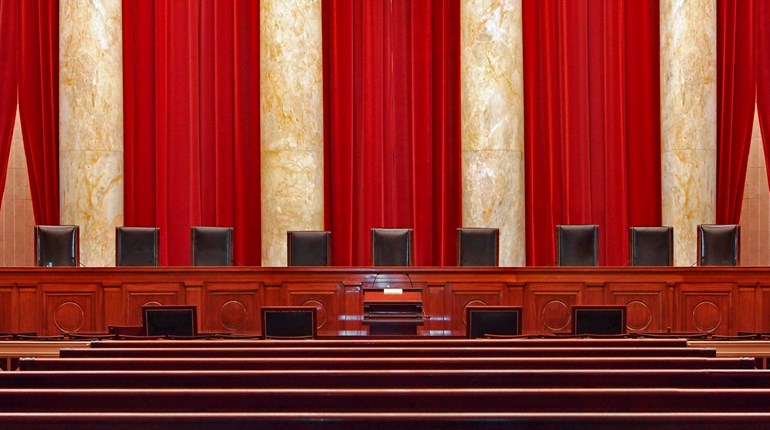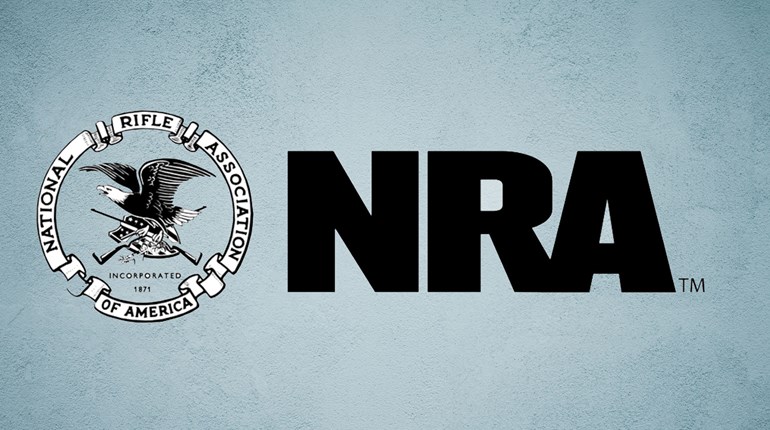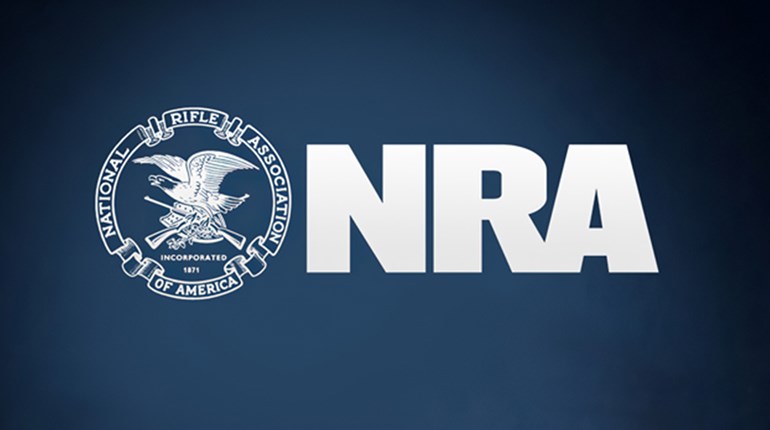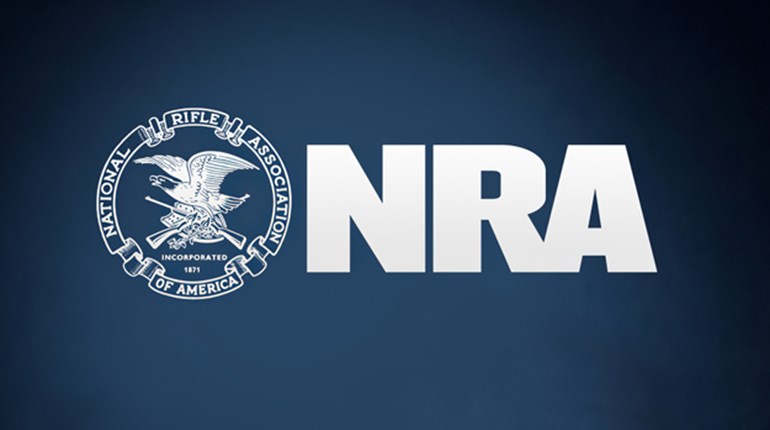
As part of the historical pendulum that swings between freedom and slavery, the right to bear arms is always under attack by elites seeking absolute power. In the twentieth century, this pendulum swung first in the direction to deprive the people of their rights, and later back in the opposite direction in favor of liberty—throughout this time, the National Rifle Association was there to protect the people’s liberty.
The fluctuations have occurred in essentially three stages. First came the National Firearms Act (NFA) of 1934, which proposed to ban handguns. The NRA defeated that egregious feature. Then came the Gun Control Act of 1968, which ran roughshod over traditional rights. The NRA was there to help defeat its most-insidious proposal of universal gun registration. Finally, came the Firearms Owners’ Protection Act of 1986, which the NRA shepherded to roll back restrictions in favor of regaining lost liberties.
The NFA, which is still on the books today, requires registration of machine guns, short-barreled shotguns and suppressors. A tax of $200 must be paid for the making or transfer thereof. In 1934, that was $3,904 in today’s dollars—the average annual income in 1934 was $1,368.
As originally proposed, the NFA would have defined “firearm” to include a pistol or revolver. At hearings in Congress at the time, Attorney General Homer Cummings (D)argued that handguns were the main weapon in the arsenal of gangsters. It was left unsaid that organized crime had been increased by the government itself when it passed Prohibition. Cummings admitted that the Second Amendment prevented Congress from banning firearms, but argued that Congress could pass the NFA under its power to tax.
Maj. Gen. Milton Reckord, then the NRA executive vice president, testified in the hearings in support of the deletion of three words: “pistols and revolvers.” He argued that “it is going to be another Volstead Act” (the Prohibition law), as citizens would not register pistols and revolvers and “you are going to legislate 15 million sportsmen into criminals. ...”
The NRA urged its members to write to members of Congress expressing opposition. When Reckord testified in the U.S. Senate committee, the chairman complained about the letter-writing campaign, apparently not wishing to hear from his constituents.
The heat got to be too much, and handguns were removed from the bill. While the result was imperfect—no one suggested any reason to include short-barreled rifles and noise suppressors—the removal of handguns avoided a new Prohibition that would have entailed a war on gun owners.
With dictatorship and war in Europe, Congress passed the Property Requisition Act of 1941. The NRA worked with members of Congress to include a prohibition on further registration of firearms and a declaration that the Second Amendment protects individual rights. After Pearl Harbor, anti-gun pacifism disappeared, and the NRA helped instruct future soldiers in marksmanship.
But in the 1960s, unprecedented anti-gun bills were debated in Congress. NRA’s president at the time, Hal Glassen, testified against the draconian proposals, and the NRA again mounted letter-writing campaigns among members. Rep. Howard Pollock (-Alaska), who later served as NRA president, related to me how bad the measures passed on the House floor were until members started demanding recorded votes, after which bills were amended to ameliorate some of the worst provisions.
While the Gun Control Act of 1968 (GCA) would include many burdensome provisions, the NRA’s greatest victory was the defeat of proposals for national licensing and registration of firearms. The GCA declared that it was not intended “to place any undue or unnecessary Federal restrictions or burdens on law-abiding citizens” or “to discourage or eliminate the private ownership or use of firearms by law-abiding citizens for lawful purposes,” but most of its restrictions fell squarely on such citizens.
Abuses under the GCA culminated in passage of the Firearms Owners’ Protection Act of 1986. By now, NRA-ILA was a highly effective lobbying arm. This NRA-supported bill passed in the U.S. Senate, but stalled when it reached the U.S. House of Representatives. Rep. Harold Volkmer (D-Mo.) filed a discharge petition to get a vote, and it overwhelmingly passed. FOPA enacted standards requiring intent for violation, roped in overreaching ATF abuses and preempted state restrictions applied to travelers.
The 21st century poses new challenges. History shows that, in the 20th century, when the American people were confronted with loss of the Second Amendment, the NRA was there, and it rose to the occasion. We can do that again.
Stephen P. Halbrook, an attorney who has won cases in the U.S. Supreme Court, is author of The Founders’ Second Amendment and Gun Control in Nazi-Occupied France.


































